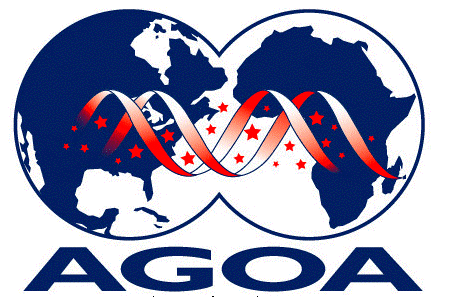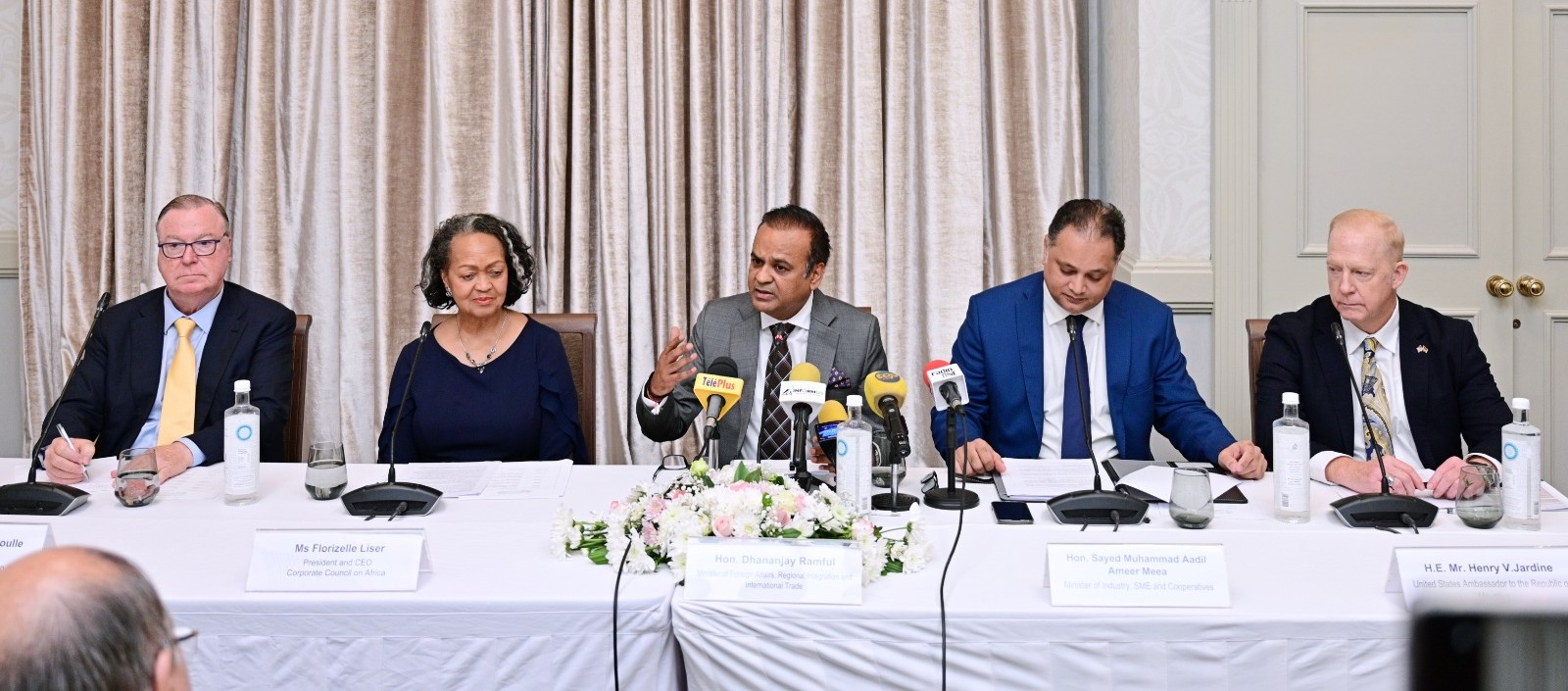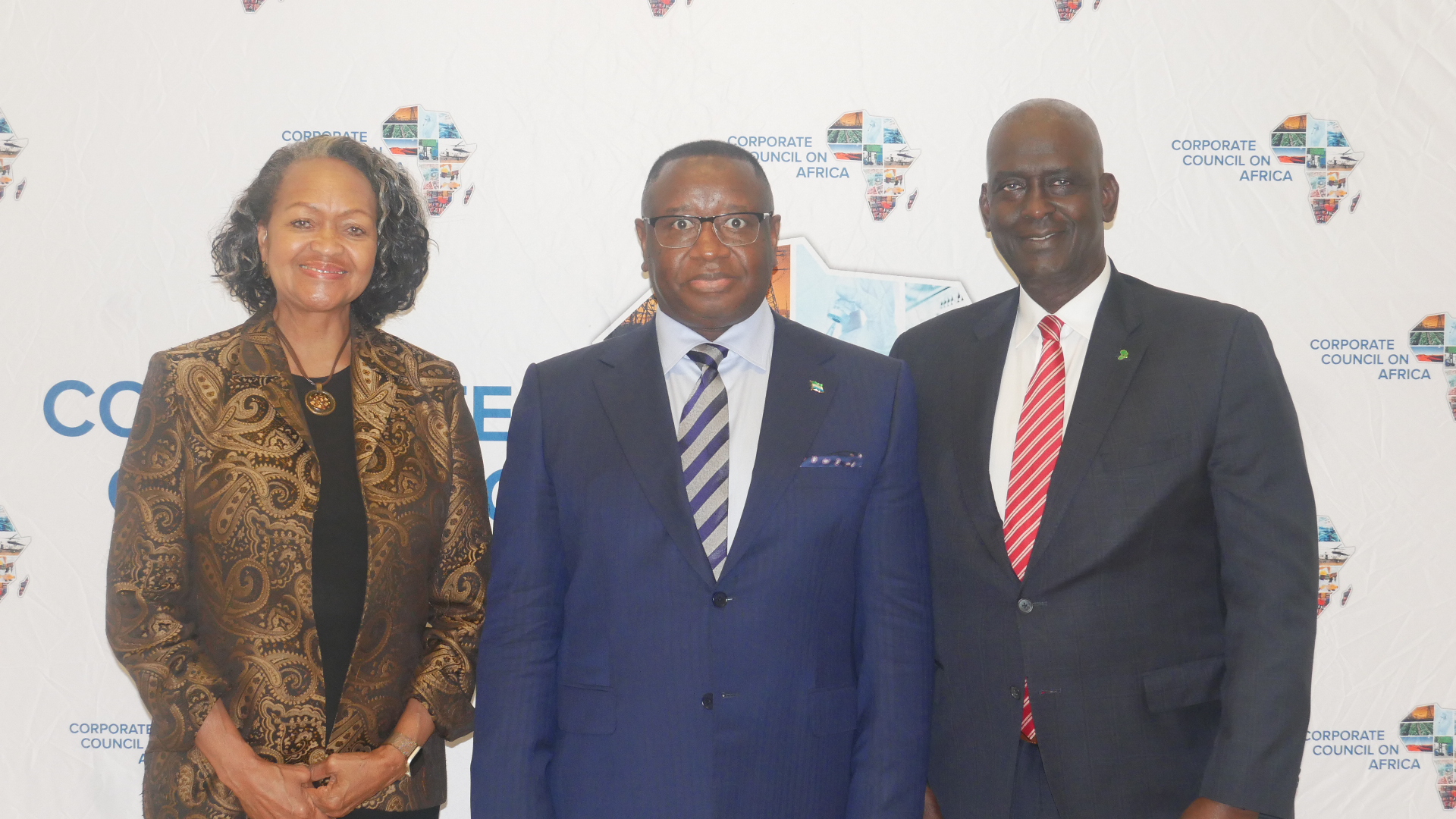A Dialogue with Professor Benedict Oramah, President & Chairman, Afreximbank
On May 21, 2020, Corporate Council on Africa hosted a dialogue with Professor Benedict Oramah, President and Chairman of Afreximbank on their tools to limit the impact of COVID-19 In Africa and their initiatives to stimulate the economy. Florie Liser President and CEO of CCA moderated the event.Professor Oramah began the discussion by outlining Afreximbank’s initiatives in response to the pandemic. Their Pandemic Response Facility, approved in March, was funded with $3 billion to support African economies during the crisis, complements other multilateral institution’s efforts, supports the procurement of COVID-19 supplies and food, and ensures central and commercial banks don’t default on trade debt payments. Prof. Oramah hopes to leverage additional funds through partnerships and has already received $15 billion in applications.As a financial institution, Afreximbank is focused on promoting intraregional trade, and developing regional supply chains. Alongside the United Nations Economic Commission for Africa (UNECA) and a coalition of other African banks, the bank has pursued a $200 million facility to support the manufacturing of pharmaceuticals and COVID-19 supplies in Africa to increase self-reliance. As of last week, the facility has received 600 applications amounting to about $400 million in proposed projects.Afreximbank is also working with the Africa CDC, UNECA, and Econet Group in designing a technology platform to increase COVID-19 supplies across the continent. The platform is set to launch at the end of May and will serve to finance African producers and ensure access to medical supplies. Moving forward, Afreximbank, in partnership with the African Union, plans to integrate the platform into the pan-African payments and settlement system, which will allow countries to order African goods and pay for them in their own local currency. Moreover, the Bank has created an African Resource Mobilization Unit to raise funding from within the continent and disclose loans.There is an estimated $220 billion trade and infrastructure financing gap on the continent and Afreximbank views Development Financing Institutions (DFIs) and the U.S. private sector as essential to bridging this gap. Prof. Oramah’s expectations post-COVID are that U.S. companies will seek to invest more in Africa’s health and manufacturing sectors, and African governments will address infrastructure deficits and promote more regional integration.Prof. Oramah referred to intra-African trade as the “path to transforming Africa” and the arrowhead of Afreximbank’s strategy. They promote intra-African trade by working with and designating local banks as trade-finance intermediaries to address the demands of SMEs as well as to promote the growth of supply chains within the continent. To help local banks support SMEs during COVID-19, Afreximbank is sharing risk with local banks which in turn allows these banks to lend in local currency to SMEs that are unable to manage foreign currency risks.In her closing remarks, Ms. Liser reiterated that CCA will continue to be a platform that facilitates dialogue leading to increased intra-African trade and U.S.-African trade and investment.



